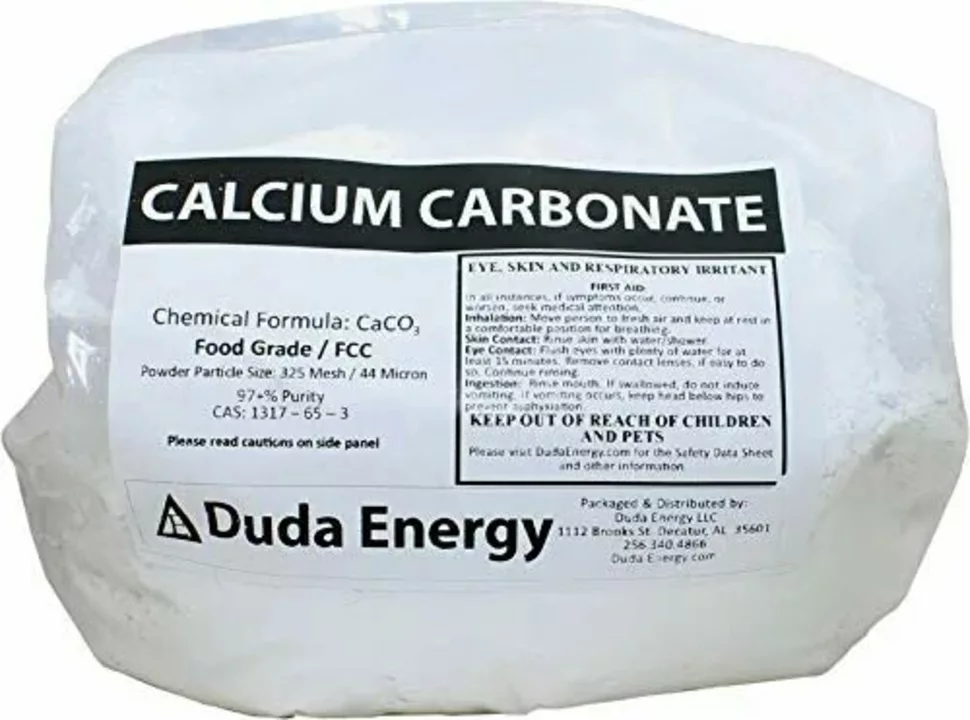Calcium Carbonate – What It Is and How to Use It
If you’ve seen calcium carbonate on a bottle of pills or in an antacid tube, you might wonder what exactly it does. In short, it’s a cheap mineral that supplies calcium for your bones and can neutralize stomach acid. Both roles make it one of the most common over‑the‑counter products.
Calcium carbonate is just powdered limestone that’s been refined into tiny tablets or chewable bits. When you swallow it, your body breaks it down and releases calcium ions – the building blocks of strong bones. At the same time, it reacts with stomach acid to form water, carbon dioxide, and harmless salts, which eases heartburn.
People use it for two main reasons: as a dietary supplement to boost bone health, especially if they don’t get enough calcium from food, and as an antacid to calm acid reflux or occasional indigestion. The same product can serve both purposes, but the dose you need changes depending on your goal.
Why People Take Calcium Carbonate
Bone health is the biggest driver. If you’re a teenager, pregnant, or over 50, your calcium needs jump, and many doctors suggest a supplement with calcium carbonate because it’s inexpensive and provides a lot of calcium per pill. It works best when taken with food, which helps your gut absorb the mineral.
Heartburn sufferers also reach for calcium carbonate. A single chewable tablet can quickly raise stomach pH, giving fast relief from that burning feeling after a big meal or spicy snack. It’s an easy fix you probably have in the kitchen drawer.
How to Take It Safely
The key is dosage. For bone support, adults usually need 1,000 mg of calcium per day from all sources, and a typical tablet contains about 500 mg of elemental calcium. Split the dose: one pill with breakfast and another with dinner. For occasional heartburn, one or two chewable tablets after meals work fine.
Don’t mix calcium carbonate with certain meds without checking first. It can lower the absorption of antibiotics like tetracycline, iron supplements, and thyroid pills. If you need those medicines, space them at least two hours apart from your calcium dose.
Side effects are rare but can happen. Some people feel constipated, while others get gas or a chalky taste in their mouth. If you notice kidney stones, dark urine, or severe stomach cramps, stop using it and talk to a pharmacist or doctor right away.
Quick tip: if you’re looking for the best bone benefit, pair calcium carbonate with vitamin D. Vitamin D helps your gut pull the calcium into the bloodstream more efficiently, so you get more bang for your buck.
